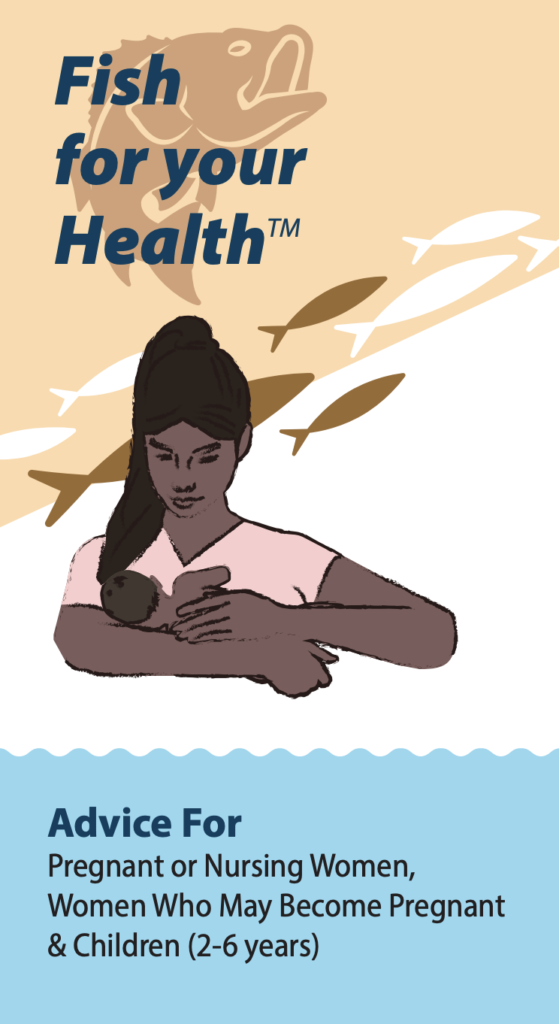
Navigating the dos and don’ts of seafood consumption during pregnancy and breastfeeding can be quite challenging and even confusing at times. With a dozen or more seafood choices to navigate, making the right decision for you and your baby is not always easy. In the past, even medical professionals and dietitians offered conflicting advice, cautioning against seafood consumption during pregnancy.
However, things have changed significantly, thanks to the extensive efforts of experts like Charles Santerre, a former food toxicology professor at the Purdue University College of Health and Human Sciences.
Santerre, along with student researchers and a team of experts from across the United States, dedicated over a decade to unraveling the developmental benefits and risks associated with seafood consumption during pregnancy. Their research played a crucial role in establishing the foundation for seafood consumption standards that prioritize the health of babies and children.
Today, the Food and Drug Administration and the Environmental Protection Agency, along with university-created websites such as Fish for Your Health™, provide science-based seafood consumption advice that advocates for eating seafood rich in omega-3 fatty acids and low in mercury and PCBs twice per week.
 The decision to consume seafood during pregnancy can be a bit of a balancing act. On one hand, the omega-3 fatty acids found in seafood are vital for the brain and eye development of fetuses, infants and children. On the other hand, certain contaminants like mercury and PCBs can pose risks when ingested. To address this, seafood consumption advice comes into play, providing essential information to help consumers make educated decisions about their dietary choices.
The decision to consume seafood during pregnancy can be a bit of a balancing act. On one hand, the omega-3 fatty acids found in seafood are vital for the brain and eye development of fetuses, infants and children. On the other hand, certain contaminants like mercury and PCBs can pose risks when ingested. To address this, seafood consumption advice comes into play, providing essential information to help consumers make educated decisions about their dietary choices.
Before departing Purdue University in 2020 to become the director of ag policy for Clemson’s College of Agriculture, Forestry and Life Sciences, Santerre transferred the Fish for Your Health™ resources, including a website and a printable wallet card, to Illinois-Indiana Sea Grant (IISG). Supported by funding from NOAA’s National Sea Grant College Program and the U.S. Department of Agriculture’s National Institute of Food and Agriculture, the team at IISG took on the task of revamping the Fish for Your Health™ products, including the website.
“One of the project team’s goals was to create an easy to use and interactive online feature to help parents find the best fish for their families,” said Amy Shambach, IISG aquaculture marketing outreach associate. “One feature of the website that we are really excited about is the Find the Best Fish for You page—a digital tool that people can pull up on their phones and search quickly when ordering at a restaurant or selecting seafood at the grocery store.”
The updated Fish for Your Health™ website now offers a searchable list of seafood choices categorized as best choice, low mercury, moderate mercury, and do not eat. These recommendations are based on the most popular commercially available seafood in the U.S. Additionally, printable cards are available in English and Spanish, presenting condensed lists sized to fit into a wallet or cell phone case.
For more information on the benefits and risks of eating seafood for those who are pregnant or nursing, those who may become pregnant, and children from the ages of 2 to 6, visit the Fish for Your Health™ website.
Illinois-Indiana Sea Grant is a partnership between NOAA, University of Illinois Extension, and Purdue University Forestry and Natural Resources, bringing science together with communities for solutions that work. Sea Grant is a network of 34 science, education and outreach programs located in every coastal and Great Lakes state, Lake Champlain, Puerto Rico and Guam.
Contact: Amy Shambach

